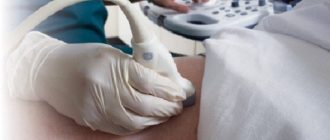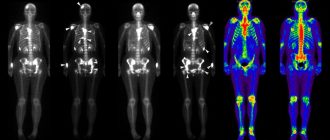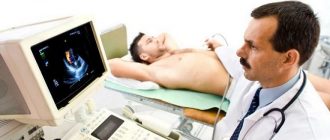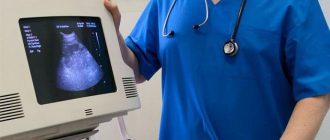Lecithin grains are normally found in large quantities in prostate secretions. When analyzing prostate juice, moderate or small amounts of it may be indicated, which is a signal of problems and will be the reason for further examinations. To increase their concentration, drug treatment is prescribed, as well as preventive measures - physiotherapy and dietary nutrition.
What are lecithin grains
Lecithin (also called lipoid) grains are microscopic non-cellular particles consisting of fatty acids, phospholipid and choline. They have an elongated oval shape, which is why they got their name. In many ways, they determine the appearance of prostate juice - whitish with low viscosity. When studying the secretion under a microscope, you can verify that it consists mainly of lecithin grains, but this situation is observed only in healthy men. With the development of pathogenic processes and the natural functioning of the prostate gland, their concentration in the secretion decreases sharply.
Reasons for the reduction of lecinite grains
Lipoid grains in the prostate secretion decrease if pathogenic microflora develops in the organ, an inflammatory process occurs, a tumor or stagnant processes develop, as well as other pathologies. This leads to disruption of normal metabolism in the gland, in which there is a decrease in their production by the gland. Therefore, a low number of lipid particles signals dysfunction of the reproductive organs in a man, but does not indicate the exact reasons. To detect them, additional tests may be required, which are prescribed depending on the results obtained.
Indicator of norm and deviation
Lecithin grains are contained in large quantities in the secretion of the prostate gland only during normal functioning of the organ. Normally, 1 mg of prostate juice contains about 10 million lipoid particles.
It is impossible to count their exact number during analysis, so the results are usually indicated approximate:
- “a lot” or “significantly” - indicates the normal functioning of the organ;
- “moderate” – an indicator at which additional examination is necessary to determine the condition of the gland;
- “little” or “poor” – stagnant or inflammatory processes occur;
- “absent” – there is an acute or chronic inflammatory process.
The indicator does not make it possible to carry out a guaranteed analysis, because its results depend on the correct implementation of the procedure for obtaining the material. Therefore, before taking the analysis, you must adhere to certain conditions:
- abstain from sexual activity at least 3 days before the examination date;
- avoid hypothermia and physical activity 1-2 days before the procedure;
- do a microenema and go to the toilet a few minutes before the test.
After undergoing the analysis and receiving a negative result, the following additional examinations and procedures may be prescribed:
- Repeated analysis of prostate secretion.
- Palpation.
- PSA blood test.
- Biopsy.
- Ultrasound, CT, MRI.
How to increase lecithin grains
To increase their number, doctors usually prescribe an integrated approach, including medications, physiological procedures and a therapeutic diet. Normalization of the amount of grains in the prostate juice occurs gradually over a long time; you should not expect instant results. Usually the course of treatment lasts 1-2 months.
Drug treatment
Drugs are prescribed after undergoing additional examinations to better determine the processes occurring. Thus, antitumor or antibacterial treatment may be prescribed, as well as NSAIDs and preventive medications.
Physiotherapy
Exercise therapy, Kegel or Streltsova gymnastics can be prescribed as physiological procedures. These exercises do not directly affect diagnostic parameters, but have a preventive effect on all organs of the reproductive system and help improve their functioning.
Diet
To normalize the functioning of the gland, dietary nutrition is prescribed based on “Treatment Table No. 5.” Fatty foods are excluded from the diet, protein and carbohydrate intake remains within normal limits. There is also a restriction on salt intake. Products must be served boiled, baked, stewed or steamed. It is also recommended to increase the amount of liquid you drink.
The following are encouraged: fruits and berries (non-acidic), pasta, seafood and meat (low-fat), vegetable and fruit juices in moderation, a small amount of herbs and spices.
Not recommended: fatty meat and seafood, fried, spicy and smoked foods, pickled vegetables, sweets, alcohol.



